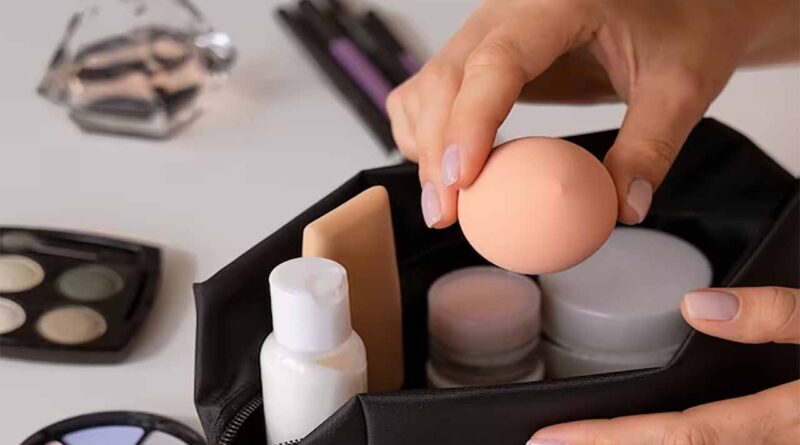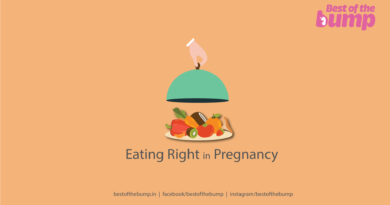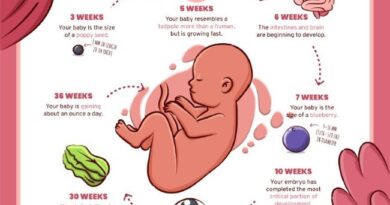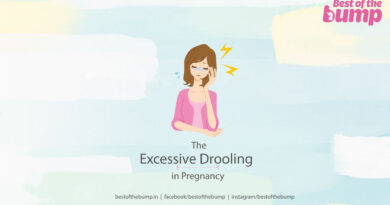Makeup Ingredients to Avoid During Pregnancy
Makeup Ingredients to Avoid During Pregnancy – Pregnancy is a time of joy and anticipation, and many expectant mothers pay extra attention to their health and well-being during this period. While adopting a healthy lifestyle is crucial, it’s equally important to scrutinize the products we use, including makeup. Certain makeup ingredients may pose potential risks during pregnancy, and being aware of them can help make informed choices for both the health of the mother and the developing baby.
What are Makeup Ingredients?
Makeup products often contain a variety of ingredients, some of which are harmless, while others may have potential risks. Before delving into the specific ingredients to avoid during pregnancy, let’s explore some common components found in makeup:
- Fragrances: Many cosmetics contain fragrances to enhance their appeal. However, these fragrances often consist of various chemicals, some of which may be irritating or allergenic.
- Parabens: These are preservatives used to extend the shelf life of products. Parabens can mimic estrogen in the body, and concerns have been raised about their potential hormonal effects.
- Phthalates: Phthalates are often used to improve the texture and flexibility of cosmetics. Some studies suggest a possible link between phthalate exposure and adverse effects on fetal development.
- Retinoids (Vitamin A derivatives): While vitamin A is essential for health, excessive amounts, especially in the form of retinoids like retinol, can be harmful during pregnancy and may lead to birth defects.
- Lead: Heavy metals, including lead, may be present in certain cosmetics. Lead exposure during pregnancy is a concern as it can negatively impact both the mother and the developing fetus.
Now, let’s delve into specific makeup ingredients that pregnant individuals may want to avoid.
Makeup Ingredients to Avoid During Pregnancy
- Retinoids (Retinol, Retinyl Palmitate, Retin-A): As mentioned earlier, excessive vitamin A derivatives, commonly found in anti-aging creams and acne treatments, should be avoided during pregnancy due to their potential to cause birth defects.
- Salicylic Acid: While salicylic acid is a common ingredient in acne-fighting products, high doses in oral form have been associated with birth defects. It’s advisable to consult a healthcare provider before using products containing salicylic acid.
- Formaldehyde and Formaldehyde-Releasing Preservatives: Found in some nail polishes and hair straightening treatments, formaldehyde is a known carcinogen. Additionally, some preservatives release small amounts of formaldehyde, posing potential risks.
- Phthalates: These plasticizers are often used in fragrances and can interfere with hormone production. Opt for phthalate-free products to minimize exposure.
- Toluene: Commonly found in nail polish, toluene exposure has been linked to developmental and reproductive toxicity. Choosing nail polishes labeled as “toluene-free” is a safer option.
- Lead: Although lead is not intentionally added to cosmetics, it can contaminate certain products, particularly lipsticks. Prolonged exposure to lead during pregnancy can have adverse effects.
- Parabens: As mentioned earlier, parabens can mimic estrogen, and excessive estrogen exposure during pregnancy may have implications. Look for paraben-free alternatives.
- Fragrances: The term “fragrance” on a product label can encompass a variety of chemicals, and manufacturers are not required to disclose specific fragrance components. Some fragrance ingredients may be best avoided due to potential allergenicity or irritation.
Choosing Pregnancy-Safe Makeup Alternatives
Being cautious about makeup ingredients during pregnancy doesn’t mean giving up on beauty routines. There are many pregnancy-safe alternatives available in the market. Look for products that boast the following characteristics:
- Hypoallergenic: Opt for products labeled as hypoallergenic, which are less likely to cause allergic reactions or skin irritation.
- Fragrance-Free: Choose fragrance-free or naturally scented products to minimize the risk of skin sensitivities.
- Mineral Makeup: Mineral makeup often contains fewer synthetic ingredients and may be gentler on the skin. Check the ingredient list to ensure it meets your criteria.
- Organic and Natural Products: Explore makeup lines that focus on using organic and natural ingredients. These products often avoid potentially harmful synthetic additives.
- Non-Comedogenic: For those dealing with pregnancy-related skin changes, non-comedogenic products can help prevent clogged pores and breakouts.
Prioritizing Safety and Well-Being
Pregnancy is a time of careful consideration and choices, and this extends to the products we use on our bodies, including makeup. While it’s crucial to be mindful of certain ingredients, it’s equally important to consult with healthcare providers for personalized advice. Every pregnancy is unique, and what works for one individual may not be suitable for another.
By staying informed about makeup ingredients to avoid during pregnancy and exploring safer alternatives, expectant mothers can continue to enjoy self-care routines while prioritizing the health and well-being of both themselves and their developing babies.




